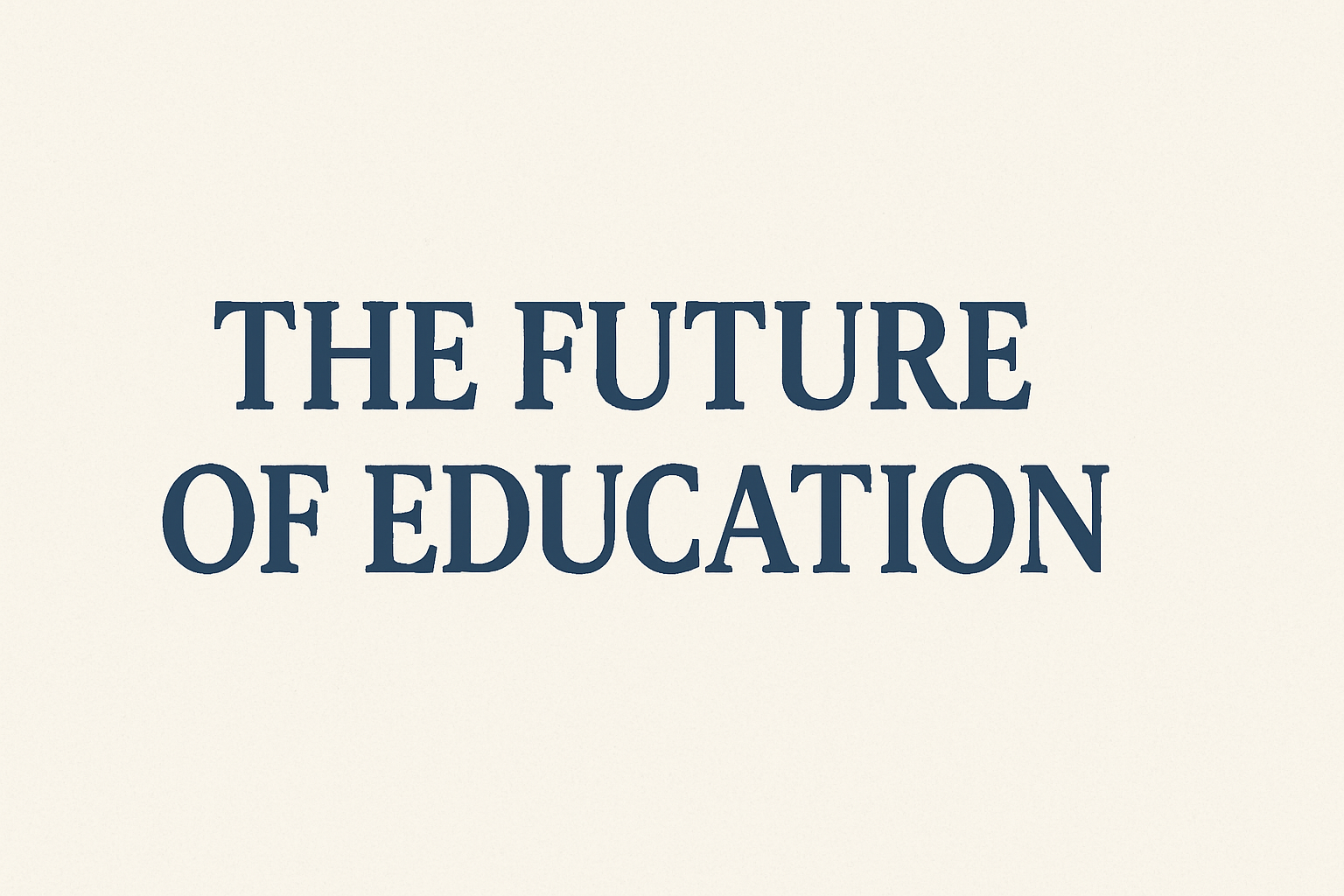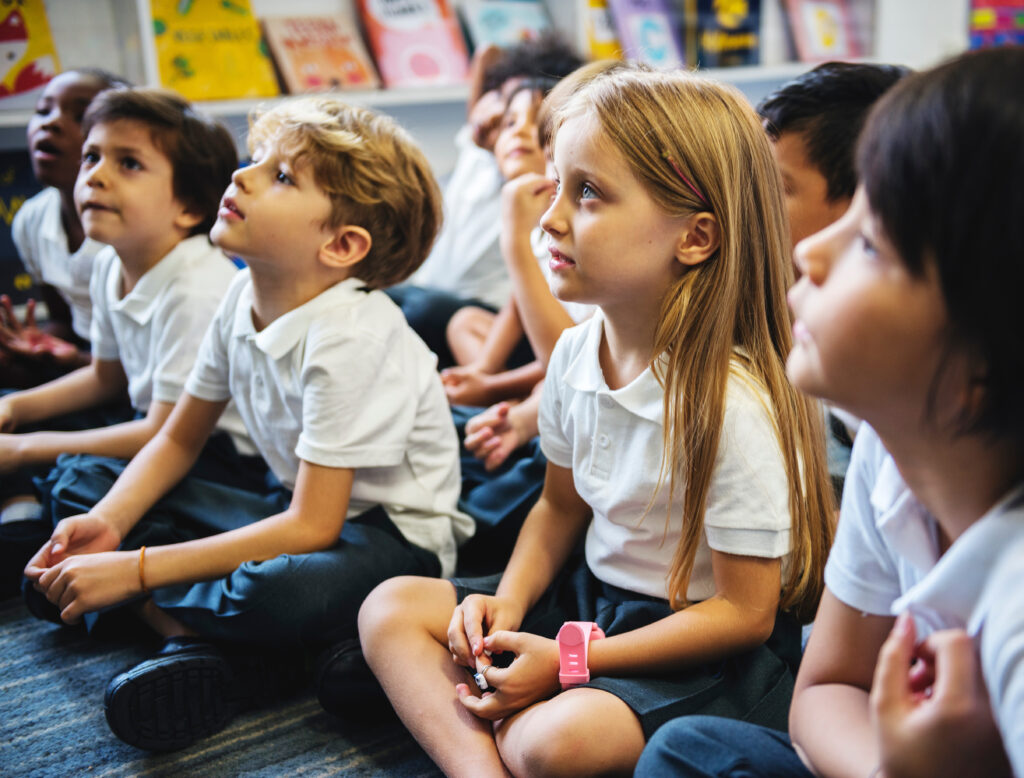I have noticed two things since starting this website. First, starting a new habit is never easy, and the start of the semester here in Japan has definitely taken my attention away from writing here. But I’m not giving up! The second thing I have noticed, as might be apparent in my post themes, is that I cannot stop thinking about AI and education. Specifically, I am focused on language education, of course, but I always have thought of education more broadly (e.g., I would have loved to have been an elementary school teacher, and I would have loved to have been a math and/science teacher). Yesterday, I attended an online event sponsored/hosted by OpenAI on the OpenAI Forum, which was focused on how American University (USA) has integrated AI across different parts of the campus. When listening to a lecture like this, there is always a chance of FOMO (i.e., Fear of Missing out), and I admit that I was impressed with some of the anecdotes and ways AI has been integrated into different aspects of the educational and administrative experience. At my current institution, there has not been any organized discussion or use of AI, which is unfortunate, though I am sure we are not the only ones. So, one of the important takeaways from the lecture was the value of starting an AI group at our school, where we informally get people together to talk about how they are using it, and what their successes and failures have looked like. This is what they started doing at American University, and it eventually led to finding organized ways of using AI to improve the American University experience for students, faculty, and administrators. So, the first step is to talk about it with colleagues. That was my takeaway, and I am eager to start something casual, but ongoing, with my current colleagues.
Then, I was listening to the most recent podcast of the Ezra Klein Show, in which he is having a conversation with Rebecca Winthrop, the director of the Center for Universal Education at the Brookings Institution. The conversation was mostly about school-age children. As I wrote above, I am interested broadly in how AI will affect education, not to mention I have a few school-age children, and many of the current school-age children will be university students in the coming years, so it all fits together. My takeaway from the conversation was that a large issue is how much we should use AI, and how much AI should replace or transform what we normally do in classrooms and learning institutions. As for how much we should use AI, the question comes as we know young people are struggling with smartphone use. In other words, a lot of them are spending way to much time on their phones watching shows, endless TikTok or Instagram videos, or other social media, and most parents, teachers, and the teens themselves are uncomfortable about it. Everyone kind of knows it’s not good, but nobody is quite sure how to stop it. Well, AI requires a screen as well. Maybe it won’t sometime soon–at least not a smartphone screen. Maybe it will be glasses, or a watch, or some other wearable (or implantable). But, it might end up with students being more into their screens or other gadgets than the people around them. Also, it is not clear that AI will definitely make students smarter or better in any particular way. Already, I have noticed that AI saves me time doing some work so that…I can do more work. It teaches me about some topics…which takes time from learning about other topics. Honestly, I love using the new AI tools, but I am not sure they have made me “better” yet. I do admit that they have opened new possibilities: Vibe-coding an app that I so much wanted to build but ran out of funding for. Now, I am 80% toward having built it myself for free. Not possible (or better said, plausible) before AI tools. Now, with my students, I have pool of true/false questions for our vocabulary practice in addition to the pool of question I had previously–now I just have more. I could have made them on my own, but having AI produce a bunch and then editing them felt easier, and they are good. I have improved my randomizer systems that I use for making groups in class and calling on students to ask questions. I have used AI to get quick summaries of research papers for my Seminar students (“Seminars” are for preparing students to do senior thesis studies). So, I have been able to do many things that would have taken longer, or I likely would not have tried, if I did not have AI tools. But, by no means has AI made me less busy–I feel the opposite. I feel very busy trying to do many new things. I am just doing different things than before.
So, imagine if we could go back to before students had smartphones. What was everyone doing with their time? With smartphones, people started doing new things with their phones that previously were not possible. Before that, what were they doing with their time? Which activities were more valuable? When I listened to the podcast I mentioned, the implication was that students were reading more and having more person-to-person interaction and conversations. Those activities DO sound valuable. Will AI get students back into some more valuable activities than they currently are doing with smartphones, or are we headed toward something worse? I don’t know, but I admit that I think about it constantly. I don’t think AI is going away, but I also think we have not yet figured out how it is going to fit into education. So, my own stategy will be to keep reading, listening, observing, and importantly, talking with those around me about AI and education. If you have any thoughts about AI in TESOL or education in general, please feel free to leave a comment below!



